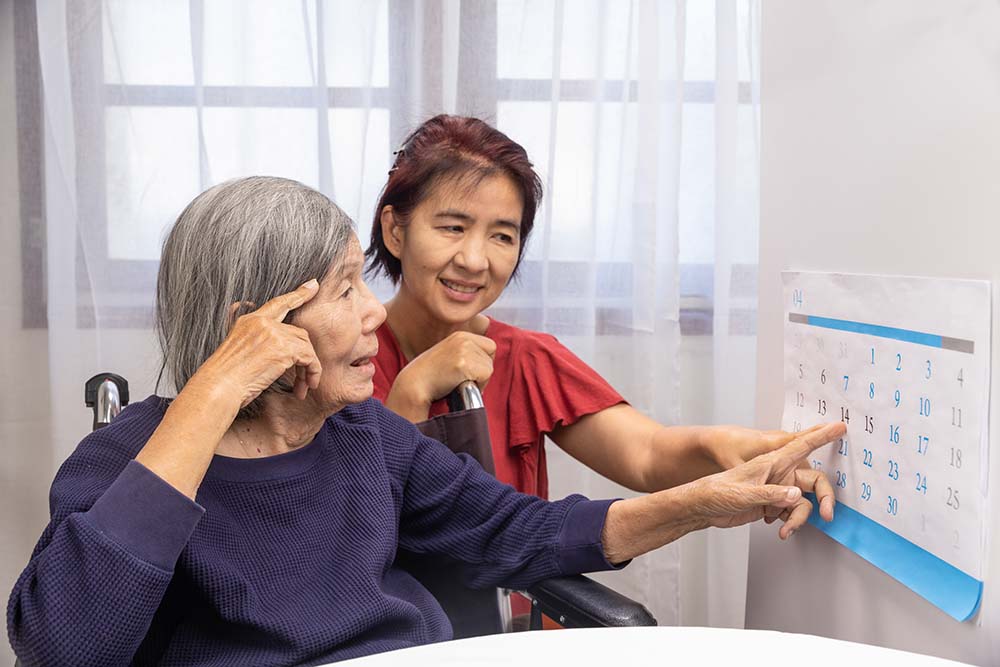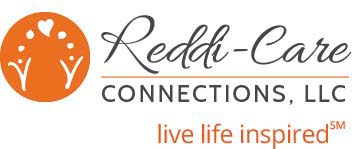
Managing medications and keeping accurate records are critical components of elder care. As people age, they often require multiple medications to manage various chronic conditions, making it vital to stay organized to ensure their safety and well-being. This blog post will delve into the importance of these practices, provide strategies for effective medication management, and offer tips for maintaining comprehensive health records for the elderly.
The Importance of Medication Management and Record-Keeping
Medication Management
Medication management is crucial for several reasons:
Prevention of Adverse Drug Interactions: Seniors often take multiple medications, increasing the risk of harmful drug interactions. Proper management ensures that all medications are compatible.
Adherence to Prescriptions: Many older adults may forget to take their medications or may take incorrect dosages. Effective management helps maintain adherence to prescribed treatment plans.
Monitoring Side Effects: Regular monitoring allows caregivers to identify and address side effects promptly, improving the patient’s overall health and comfort.
Optimization of Treatment: Regular reviews of medication regimens can help optimize treatment, adjusting dosages or medications as needed to achieve the best outcomes.
Record-Keeping
Keeping accurate health records is equally important:
Continuity of Care: Detailed health records provide a comprehensive view of the patient’s medical history, facilitating better care coordination among healthcare providers.
Emergency Preparedness: In emergencies, having up-to-date medical information readily available can be life-saving.
Legal and Financial Documentation: Accurate records are essential for legal and financial matters, such as insurance claims and guardianship issues.
Monitoring Health Changes: Tracking health data over time helps identify trends and changes in the patient’s condition, enabling proactive management of their health.
Strategies for Effective Medication Management
Create a Medication List
Maintain a detailed list of all medications the elderly person is taking, including prescription drugs, over-the-counter medications, vitamins, and supplements.
This list should include:
- The name of each medication
- The dosage
- The frequency and timing of doses
- The purpose of the medication
- The prescribing physician
Update this list regularly and share it with all healthcare providers involved in the patient’s care.
Use a Pill Organizer
Pill organizers are simple yet effective tools for managing daily medication schedules. They come in various designs, including weekly and monthly organizers, and can accommodate multiple doses per day. Using a pill organizer can help ensure that medications are taken correctly and on time.
Set Up Medication Reminders
Technology can assist in managing medications through reminders. Consider using:
- Smartphone alarms
- Medication reminder apps
- Automated pill dispensers with built-in alarms
These tools can help prevent missed doses and ensure adherence to the prescribed schedule.
Establish a Routine
Integrating medication times into a daily routine can make it easier to remember. Associating medication intake with regular activities, such as meals or bedtime, can help establish a consistent schedule.
Regularly Review Medications
Schedule regular medication reviews with the healthcare provider to assess the effectiveness and necessity of each medication. This review should include evaluating for potential drug interactions and discussing any side effects or concerns.
Educate the Patient and Caregivers
Ensure that both the elderly person and their caregivers understand the purpose of each medication, how it should be taken, and what side effects to watch for. Clear communication can help prevent misuse and enhance adherence.
Tips for Maintaining Comprehensive Health Records
Centralize Health Information
Keep all health records in one centralized location, such as a dedicated binder or a digital health record system. This should include:
- Medical history
- Current and past medications
- Allergies
- Immunization records
- Physician contact information]
- Records of hospitalizations and surgeries
Use a Health Journal
A health journal can be an invaluable tool for tracking daily health-related information, including:
- Symptoms and changes in health
- Dietary intake
- Physical activity
- Sleep patterns
- Mood and mental health
This journal can provide valuable insights during medical appointments and help in managing chronic conditions.
Regularly Update Records
Health records should be updated regularly to reflect any changes in medications, treatments, or health status. After each medical appointment, add new information to the records to keep them current.
Ensure Accessibility
Make sure that health records are easily accessible to the elderly person, their caregivers, and healthcare providers. Consider keeping copies of important documents in multiple locations, such as at home and with a trusted family member or friend.
Utilize Digital Tools
Digital health record systems and apps can simplify record-keeping and ensure that information is always up-to-date. These tools often come with features such as:
- Secure cloud storage
- Easy sharing with healthcare providers
- Automated reminders for appointments and medications
- Document Emergency Information
Include a section in the health records specifically for emergency information, such as:
- Emergency contact numbers
- Advanced directives
- Power of attorney documents
- Current medications and dosages
- Known allergies
This information should be readily accessible in case of an emergency.
